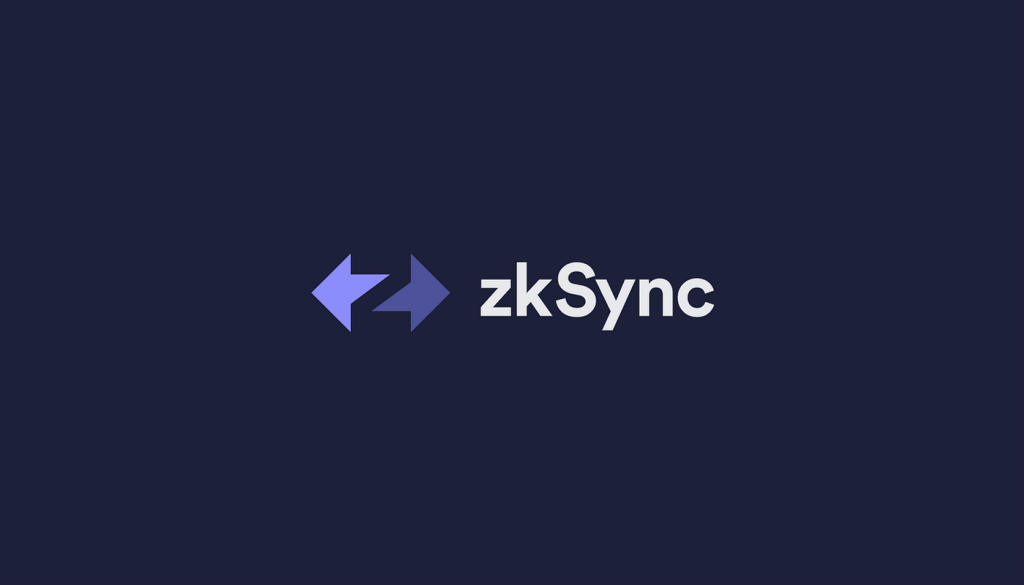Gemholic, the team behind the defunct GemSwap distributed exchange on Ethereum Layer 2 network ZkSync, is under rug pull charges following the recent movement of previously unreachable cash liberated by a ZkSync network upgrade and the apparently deleted social media presence.
Unlocking of Funds and Immediate Disappearance
Due to a technical discrepancy between ZkSync’s Era network and Ethereum’s mainnet, Eden Au, director of research at The Block, was the first to observe in April 2023 that the 921 ETH raised by Gemholic had been inadvertently locked in its ZkSync smart contract.
At the time, ZkSync developers claimed to have figured out a way to access the about $1.7 million worth of cash, which had subsequently appreciated to $3.4 million in value with Ethereum’s surge in price. Yesterday, with the release of ZkSync’s most recent v24 upgrade on the mainnet, the money appeared unlocked.
This Might Interest You: Nigerian Ban on Naira Trading May Backfire
Originally, Gemholic had vowed to carry on the project once the money came free. “We know many people have lost trust, but we still think the @zksync crew can help restore things. Everybody should believe in us. We will start a pre-launch for the project and a marketing campaign right away once the contract is set.” The project also noted on its now-inaccesible X account in April: “We will also refund the overflow,” an archival version of the page notes.
Gemholic’s Vanishing Act
After the money was recovered, X users discovered that the cash had been transferred to the Ethereum mainnet while Gemholic’s X and Telegram accounts vanished, most likely after being deleted by the Gemholic crew. X user Nahnah64 created a list of wallet addresses, apparently reflecting the $3.4 million in recently discovered cash.
“Today, Gemholic, who for an entire year falsely promised refunds to its investors, only to execute a rug pull after the funds were finally unlocked, stole $3.5 million,” X user NSerec, founder of zkMarkets, posted on X.
Gemholic received a certificate of compliance after knowing-your-consumer (KYC) and smart contract validation from blockchain security company SolidProof. Press time did not allow SolidProof and ZkSync to be readily accessed for comments.


